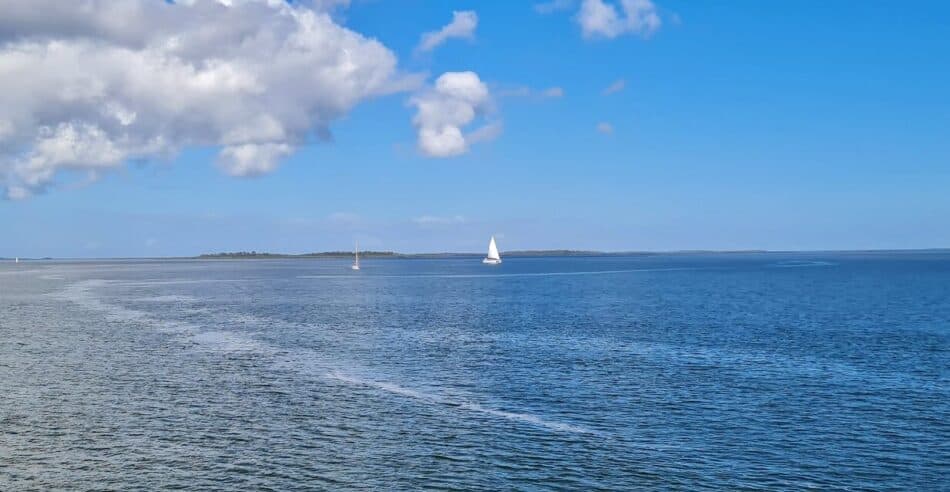Are you wondering how the tourism industry will be affected by bubbles? This article will give you some insight into the tourism sector in the ways businesses have been affected by the pandemic and also how tourists feel.
The desire to travel in bubbles will affect tourism by increasing the number of domestic travelers and the number of travelers to places where the border is open. Tourists are traveling with more risk and anxiety, but bubbles allow countries to welcome tourists and therefore mean economic growth.
A travel bubble has its purpose and will affect tourism by being in place. Learn what the pros and cons of a travel bubble are and what new ways of travel may emerge from this change.
What Is A Bubble And How Is Tourism Affected
A travel bubble allows certain travelers and certain countries to open their borders to each other. This allows tourists to visit loved ones and also explore or go on holiday to another country. There may be certain rules and regulations that need to be followed, but it gives people the freedom to travel without causing harm to anyone due to the pandemic.
How “Bubbles” Will Affect Tourism
Some tourism is better than no tourism in terms of the tourism industry surviving through a global pandemic. Being able to travel in bubbles will allow some travel to occur and get the tourism industry and other sectors rolling again.
If we take a look at an example of the Trans-Tasman bubble between New Zealand and Australia that opened in April 2022, Stats NZ
However, since the opening of the border, there have been pauses within the bubble, which has caused a steady decline, going from 18000 arrivals in the first week that the bubble opened, and decreasing to 8000 in the first week of June 2022. There have also been border closures in places such as Europe and Asia.
The bubble system can be beneficial in the short term but also long term as if the tourist had a good experience in the country they will want to come back. They may also feel like it is a safe country to visit compared to others.
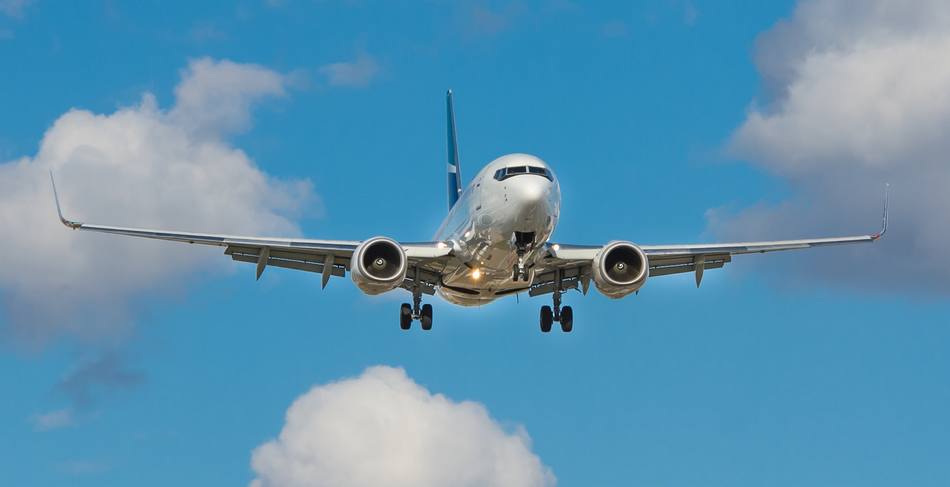
Some Businesses Will Thrive And Others Will Close
The World Travel and Tourism Council has estimated that about one in ten jobs are related to travel and tourism and, in some countries such as Greece, the tourism sector is responsible for about 40% of jobs which can make an impact on there being travel bubbles to these locations even more vital.
Some businesses will have no other option but to close down as they cannot afford to stay open, while bubbles may allow businesses to get the tourists that they need to survive for now. This means that the desire to travel in bubbles is wanted by business owners and those in the tourism sector to ensure it thrives.
Same Travel Intention But Increased Anxiety And Risk
People will always want to travel and explore the world, however they may need to explore their own country for a while and visit the countries that have opened their borders to specific countries.
However, there is some hesitancy from some people due to the pandemic and not wanting to get stranded overseas and not being able to get home when they want, whether it be within their own country or in a bubble country.
Although, saying that, studies
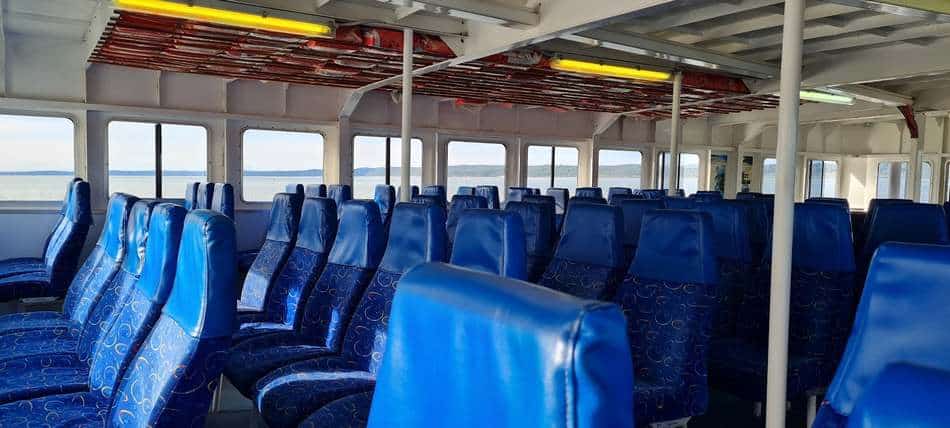
New Ways Of Travel
Travelers will find new and creative ways to travel. This can be due to the limitations in where they can travel to, the money they have available to spend during travel, and wanting to find ways to maximize their travel time.
Some ways tourists may travel during the restrictions may include:
- Having affordable accommodation over staying in luxury accommodation, such as camping, using a caravan, homestays, Airbnb, or staying with friends/family.
- Free experiences over paid tours or attractions such as hiking trails, kayaking, and going on a road trip.
- Go on a working holiday where you work for someone and in return, you often get free accommodation which allows you to travel during the weekends or after you finish your work for the day.
- The desire for solo travel may increase as some people may have been stuck at home living with friends and family and want their own space or it may cause others to want to travel with other people and have more human interaction.
There is no doubt that traveling in bubbles will affect the tourism industry and it is not a steady, linear path.
The Tourism Sectors Focus
Traveling in bubbles will affect not only tourists but the tourism sector. Its focus needs to shift accordingly to cater to the current global situation.
The tourism sector may decide to
- Introduce price cuts to stimulate demand
- Utilize online/digital advertising more to attract tourists
- Flexible cancellation options to give tourists a sense of comfort when booking a flight or holiday
- Focus on domestic tourists
There is much unknown about the tourism sector’s future and it may not go back to the way it was. We will have to wait and see. However, in the meantime, the tourism industry can become more innovative and come up with new ideas and ways to allow tourism to thrive.
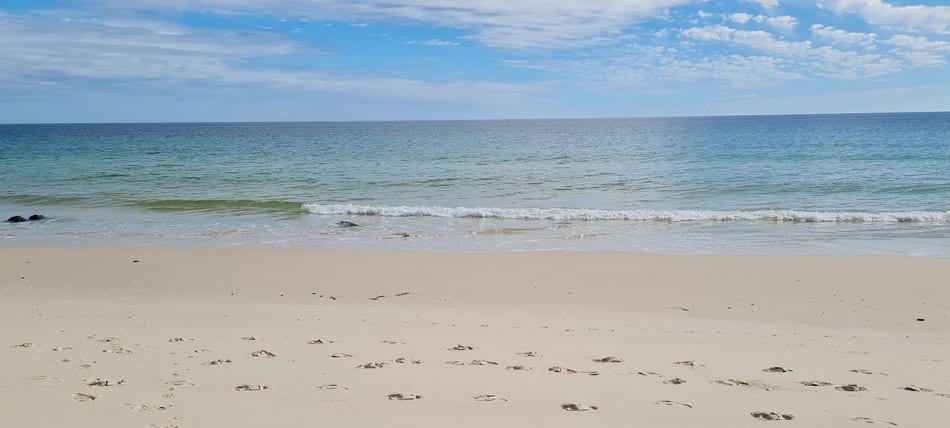
Travel Bubbles For Sustainable Tourism
A reevaluation of the tourism industry was needed after the complete lockdown due to the pandemic, however, this has increased the drive for a resilient and sustainable future. Additionally, there have been many collaborations happening in the tourism industry to make important changes.
A good deal of tourism businesses have joined and signed up with initiatives and campaigns such as the Science-Based Target Initiative (SBTi), the Race To Zero campaign, the Future of Tourism Coalition, and a coalition of six NGOs and Tourism Declares a Climate Emergency collaboration.
The French government banned short-haul flights and other European countries are looking at doing the same. A climate survey
In Europe, 57% of the businesses involved with travel are associated with the United Nations Development Goals (SDGs), and 58% of them plan to implement sustainability initiatives in the coming years, which is an increase compared to 2020. While 53% are eager to follow the principles of sustainability in their product development.
The latest European Travel Commission research has found that there was a 66% increase in those planning a trip before March 2022. In addition to that, Eurostat found that there was an increase in commercial flights since August 2021, which shows an increase in demand.
Addressing areas such as climate change is very important for rebuilding the tourism industry in a sustainable way where it can thrive moving forward no matter what happens.
Pros And Cons Of Travel Bubbles
There are both pros and cons when it comes to travel bubbles. However, it is not up to the public whether we like it or not, but instead, travel if we want to regardless of the risks or put travel in the backseat until everything calms down. Let us take a look at some pros and cons of travel bubbles.
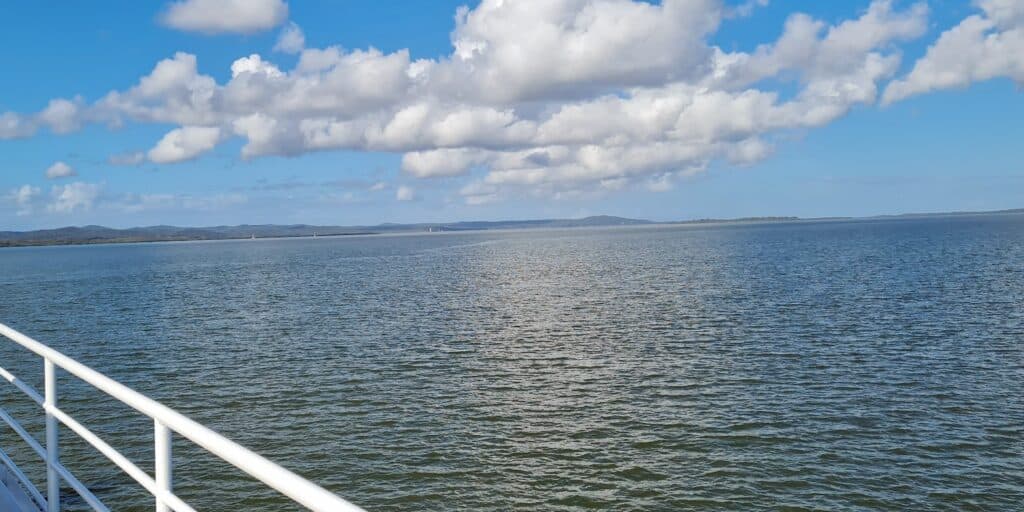
Pros
1. Economic Growth
Being able to have tourists enter another country during the pandemic will greatly support the tourism industry and local businesses through economical means. Many businesses thrive on the money they make from tourists, so without them, the business can really struggle and even have to close.
2. People Can Visit Friends And Family
Being able to travel to a country, where your friends or family are, can be very important. Being apart from loved ones can be hard mentally and emotionally. In addition to the time spent apart, special occasions may have been missed, and also, on a sadder note, funerals or saying goodbye to a loved one may not have been available when the borders were shut.
Although visiting friends and family may have been someone’s main intention to travel, they may also want to spend time exploring the city, going out to restaurants, and making positive memories with their family, therefore visiting local businesses as well.
3. Improve Mental Health
People being stuck at home for long periods of time may find that they experience a decrease in their mental and emotional wellbeing. Allowing people to get out and travel will give them a sense of freedom, which will improve their mental health and give them the human interaction that we all need to thrive.

Cons
1. Spread Of Disease
Even traveling in a bubble does not guarantee that a disease will not spread from one person to another or enter a country when traveling to another country.
2. Shut Down From Tourist Transmission
Through a travel bubble, an infected tourist may cause businesses to shut down if they have been to a location of interest. This can be a big issue for businesses and locals as their area may have been free of infection until a tourist visited.
3. Confusion With The Rules
Different countries’ travel bubble rules change depending on what is arising in the country, therefore this can cause confusion for travelers and also uncertainty. Tourists may feel a bit more hesitant when traveling due to not knowing what rules may be put in place while they travel.
There are reasonable pros and cons to the travel bubble and it is clear that there are reasons for closing and opening borders so people can travel. As long as there are travel bubbles, some tourists can explore new countries. However, there still is a distribution in the tourism sector if we compare it to pre-pandemic times.
Frequently Asked Questions
How Does A Travel Bubble Work?
It allows people to move between two countries. This often means that they do not need to do weeks of quarantine when they arrive in a country. However, you do need to ensure that you are COVID-19-free along with the normal travel rules and regulations.
How Does COVID-19 Affect The Tourism Industry?
It shut down the majority of tourism businesses, which can result in business closures and huge economic losses worldwide. The tourism industry has had to be innovative and do its best to move forward and increase its number of tourists.
What Are The Current Issues In The Tourism Industry?
There are many issues the tourism industry is currently facing, such as border regulations, taxes, infrastructure issues, inflation costs, and travel marketing, to increase tourist numbers in the country.
The main concern for tourism businesses is economic in nature, as they want to get back on their feet and recover from the effects of the pandemic.
Final Words
The desire to travel in bubbles will affect tourism, as certain citizens can only visit certain countries. This does open up the tourism industry to experience some economic growth, but it is also limited to all, which still puts the brakes on growth in the tourism industry.
Rest assured that travelers still very much want to travel the world, their trip just may be a bit delayed!
Resource Links To Products We Use And Recommend
More Pages On Other Areas
There’s been a steady rise in interest in cruise ships worldwide. With everyone wanting to see what all the chatter’s about, many are first-timers. So, if you’re one of those individuals and...
There are always risks where there is money involved, and renting a car is no exception. Even though you are only paying for a car temporarily, you should always be aware of the risks before handing...


